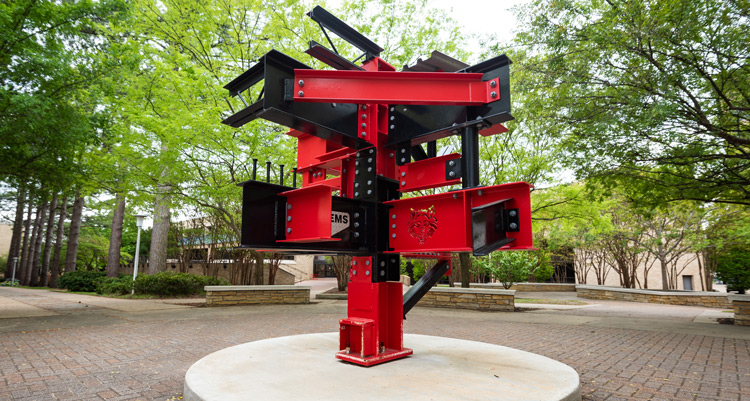Co-hydrothermal carbonization of sewage sludge and rice straw to improve hydrochar quality: Effects of mixing ratio and hydrothermal temperature
Document Type
Article
Publication Title
Bioresource technology
PubMed ID
39427848
Abstract
This study assessed the effects of mass mixing ratio and hydrothermal temperature on the co-hydrothermal carbonization (co-HTC) of sewage sludge and rice straw regarding the yield, chemical composition, fuel properties, surface functional groups, and combustion behavior of the hydrochar. The co-HTC increased the hydrochar yield at 180 °C but decreased it at 220 and 260 °C. The co-HTC increased the hydrochar organic matter contents, higher heating values, fuel ratios, and combustion behavior (combustibility index) by 16 % to 63 %, 15 % to 85 %, 51 % to 321 %, and 30 % to 419 %, respectively. The co-HTC also enhanced the formation of oxygen-containing functional groups on the hydrochar surface. The synergistic and anti-synergistic effects of the co-HTC were more positive at 180 and 220 °C but more negative at 260 °C. The co-HTC of municipal sludge and rice straw is promising in converting waste materials into high-quality hydrochar as a clean solid fuel.
First Page
131665
DOI
10.1016/j.biortech.2024.131665
Publication Date
1-1-2025
Recommended Citation
Liu, Xiaoguang; Peng, Ling; Deng, Peiyue; Xu, Yaman; Wang, Peisheng; Tan, Qingtong; Zhang, Chiqian; and Dai, Xiaohu, "Co-hydrothermal carbonization of sewage sludge and rice straw to improve hydrochar quality: Effects of mixing ratio and hydrothermal temperature" (2025). Civil Engineering Faculty Publications. 1.
https://arch.astate.edu/ecs-civifac/1


